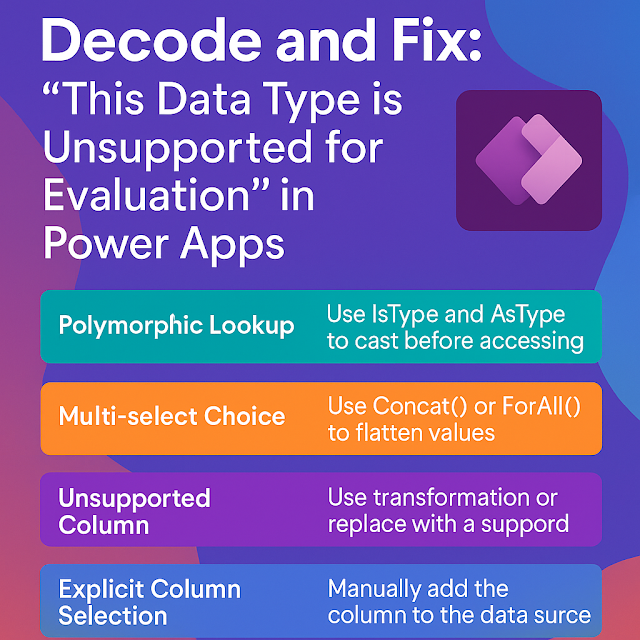We always overvalue what we own
Usually, people spend huge amount or big money on buying a house and this is the general truth for all and we were not different from others. After the job, everyone wants to buy a house and this effect was also on us. Everyday, my colleagues would first discuss about owning a property or going to buy. We tried to understand every aspect of the assets, but the most interest was the fact that the property rate always went up, which was our own. A relative of mine always raises the value of his property at each visit. These conversations always intrigued me and never came to any conclusion.
First and foremost, Dollars and Sense is magnificent book about personal finance which is written by Dan Arelli and Jeff Krasler. This article is inspired by one chapter of this book. Over valuation is common problem and it can easily experience in the society , but this book has explained remarkably which has cleared my doubts and made a new concept about my own, therefore I want to share this knowledge with my friends, families and acquittances.
It is a universal truth that people want to maximize the selling price and reduce the purchase price which is perfectly rational and the basic economics strategy teaches us to try to buy low and sell high, but the over valuation effect is that Ownership motivates us to focus more on the positive aspects. what do we have. In addition, personal and emotional memories also add value to sellers' perspectives that are not relevant to the buyer's point of view. Tangible items are often subject to endowment effects: people tend to value objects more because they have their items.
According to investopedia , endowment effect describes a circumstance in which an individual places a higher value on an object that they already own than the value they would place on that same object if they did not own it. This type of behavior is typically triggered with items that have an emotional or symbolic significance to the individual. However, it can also occur merely because the individual possesses the object in question.
In the essence, Ownership changes our perspective, we adjust to our level of ownership and it becomes the baseline by which we judge gains and losses. there is only one way to overcome this traps of ownership to try separate ourselves psychologically from the things that we own, in order to more accurately assess their value.











More over if u have any assets u get the self confidence as well
ReplyDelete